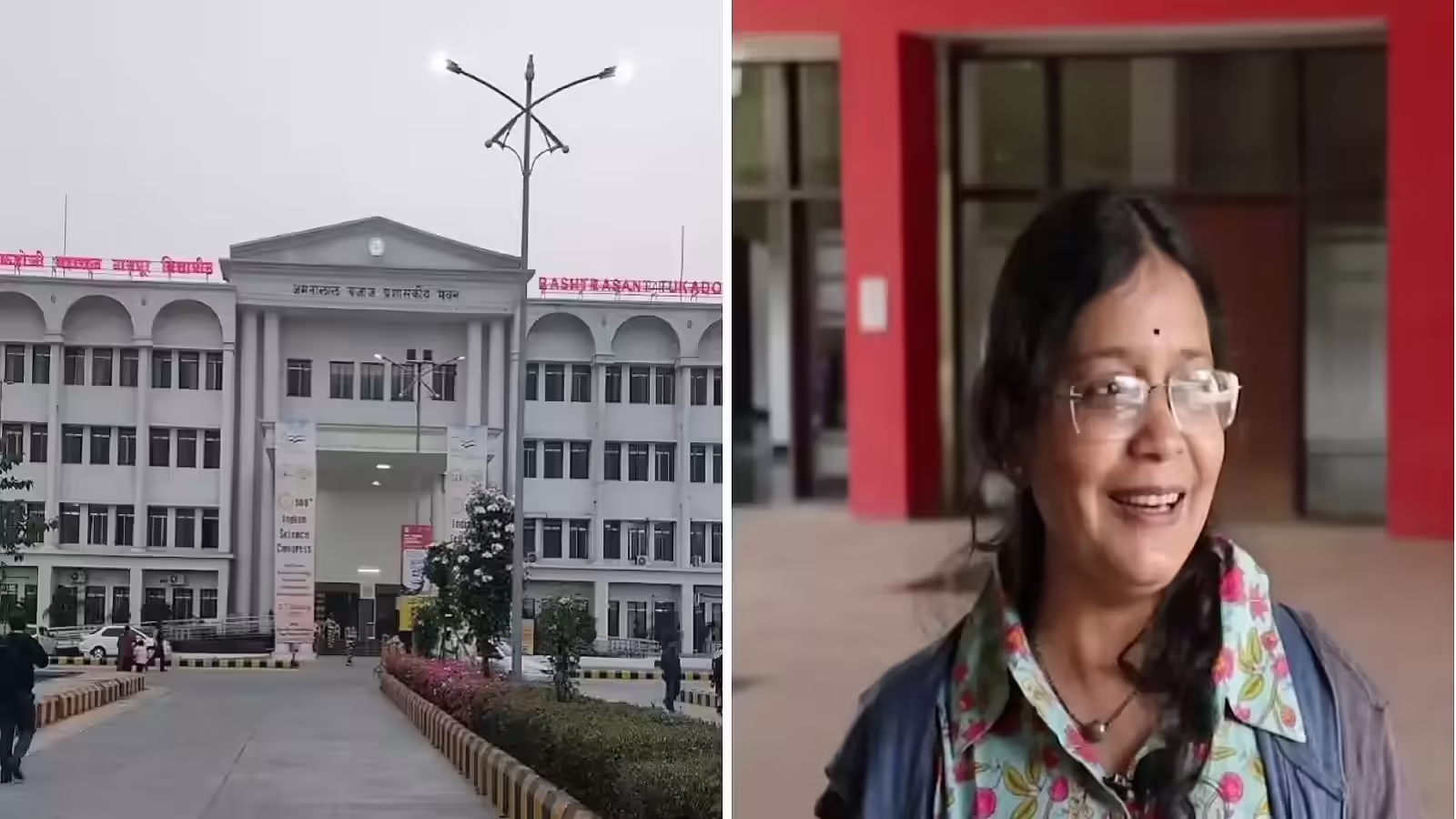Appointments
Election Commission ruling by the Supreme Court: When judicial activism shapes the law


By Kajal Sharma - 03 Dec 2024 05:34 PM
By adopting the Constituent Assembly's mantle in its March 2, 2023, ruling, the Supreme Court of India essentially rewrote some of the Constitution's clauses. The Court mandated that revised guidelines for the Election Commissioner's appointment be adhered to.According to these regulations, a committee made up of the Prime Minister, the Leader of the Opposition, and the Chief Justice of India must advise the appointment of the Election Commissioner. The Court defended this by saying that these regulations are necessary to address the "lacuna" in the laws governing this topic. However, it is clear that the Court has acted in flagrant contempt of the doctrine of the separation of powers if we examine the Court's reasoning and the laws pertaining to the appointment of Election Commissioners in greater detail.The Constitution itself, which aimed to create three institutional organs—the legislature, executive branch, and judiciary—is the source of the theory of separation of powers.
The Constitution also outlined the roles of these three branches, with the legislature enacting laws, the executive branch enforcing them, and the judiciary rendering decisions. But the same Court that once acknowledged this theory as a component of the Constitution's "basic structure" has now reversed it.
























